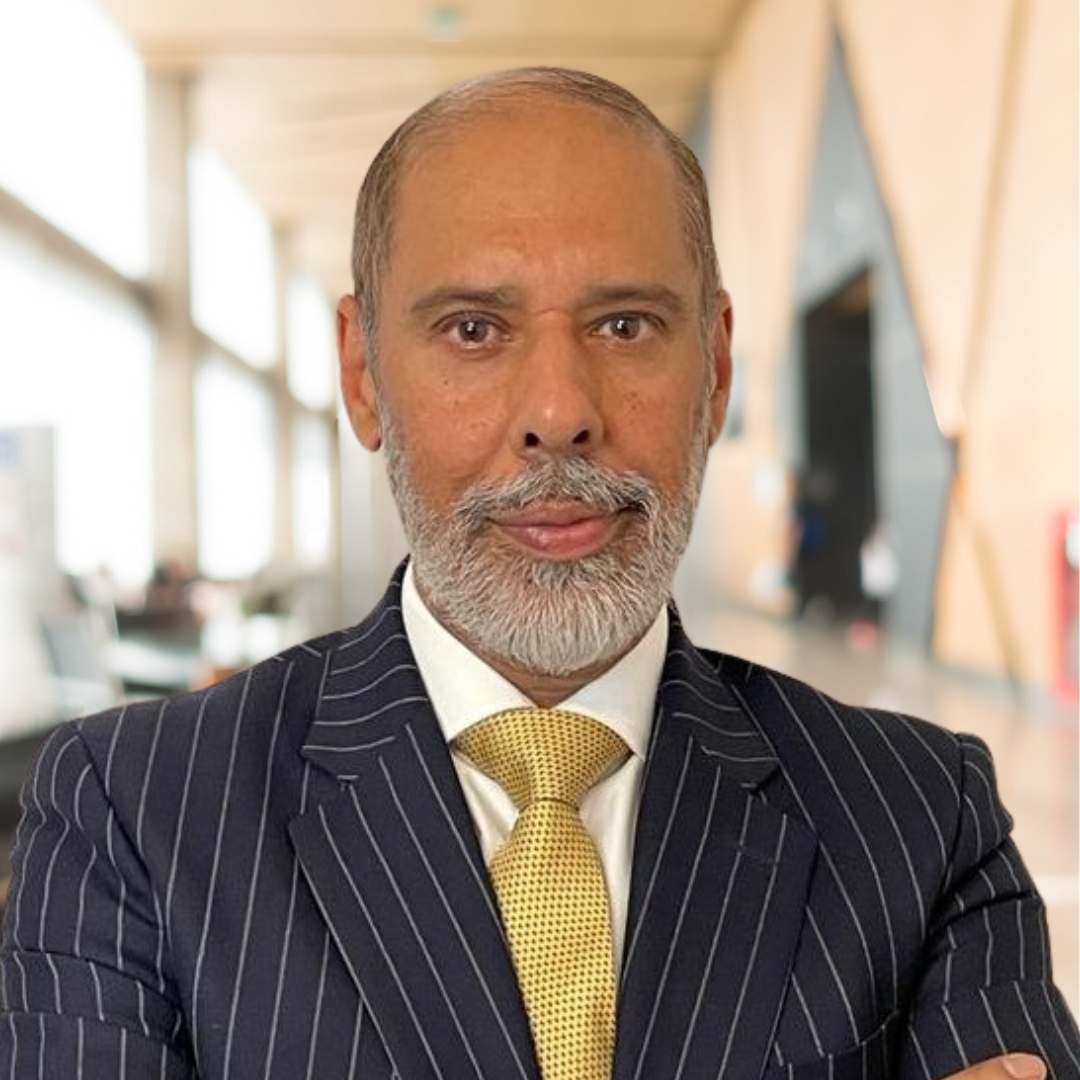Mauritius: Pioneering Africa's Digital Landscape Through Virtual Asset Regulation

April 16, 2024

Mauritius has taken significant strides towards becoming a pioneering force in Africa's digital landscape by being among the first few countries to adopt a legislative framework for virtual assets. With the promulgation of the Virtual Assets and Initial Token Offering Act 2021 (VAITOS 2021) in February 2022, Mauritius now boasts its own robust virtual asset ecosystem.
What exactly does this Act regulate?
The VAITOS 2021 effectively oversees the activities of virtual assets, including cryptocurrencies, and initial token offerings. It aligns with international standards set by the Financial Action Task Force (FATF), making provisions for managing, mitigating, and preventing money laundering, financing of terrorism, and proliferation risks associated with these emerging business practices.
Where do we stand now?With the law in place, the Financial Services Commission (FSC) has already issued FAQs, and the issuance of Rules and application forms for licenses is imminent.
Who falls under regulation?Virtual asset service providers and issuers of initial token offerings are the primary entities regulated by the VAITOS 2021.
What types of licenses are available?
Under the VAITOS 2021, there are two main types of licenses:Virtual Asset Service Providers (VASP): These licenses cover activities such as exchange between virtual assets and fiat currencies or between different forms of virtual assets.Issuers of Initial Token Offerings (ITO): These licenses pertain to offering virtual tokens to the public in exchange for fiat currency or another virtual asset.Each license class serves specific functions within the virtual asset ecosystem, from brokerage to custodial services.
Why Mauritius for virtual assets?Mauritius is poised to establish itself as the fintech hub of Africa. Its commitment to regulatory compliance, exemplified by its alignment with FATF recommendations, coupled with strong political will and competent regulatory authorities, positions it as an attractive destination for virtual asset businesses.Challenges and Opportunities:While embracing the virtual asset ecosystem brings tremendous growth opportunities, it also presents challenges such as money laundering, fraud, and taxation complexities. However, with the right regulatory framework in place, Mauritius can navigate these challenges and leverage the potential of virtual assets to boost its economy.
Conclusion
Mauritius's foray into virtual assets marks a significant step towards digital transformation and economic growth. By providing a well-regulated and transparent platform for virtual asset businesses, Mauritius aims to attract investment, foster innovation, and position itself as a fintech leader in the region.



